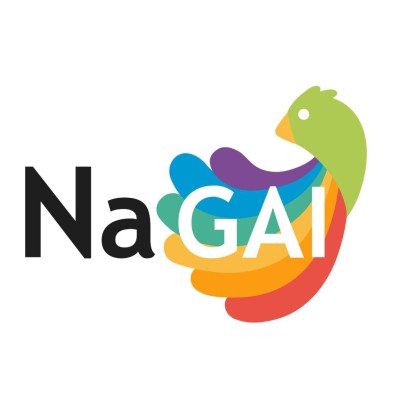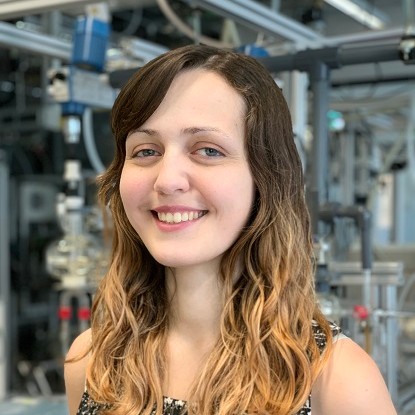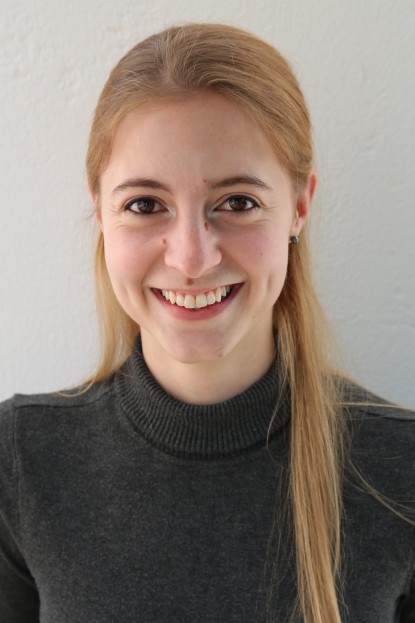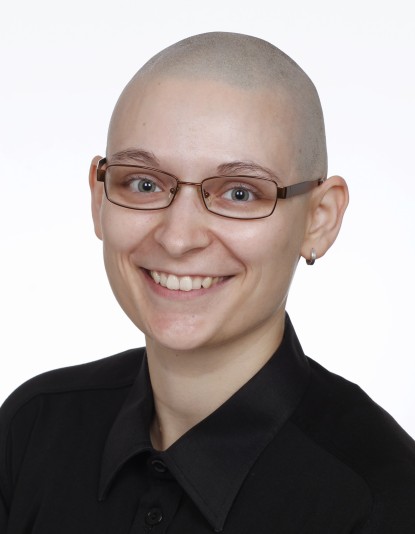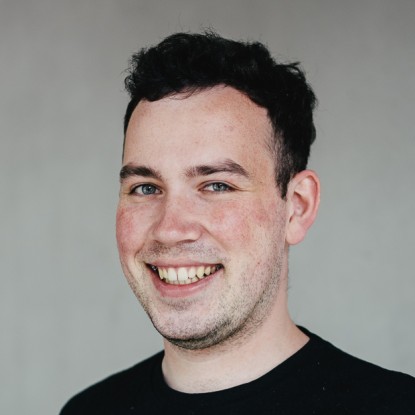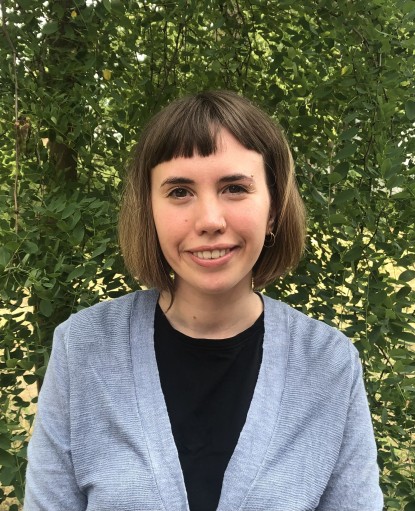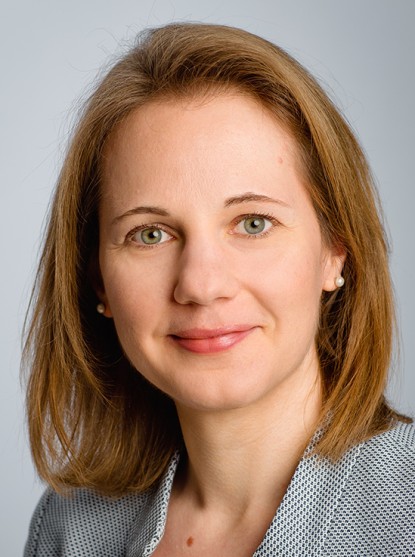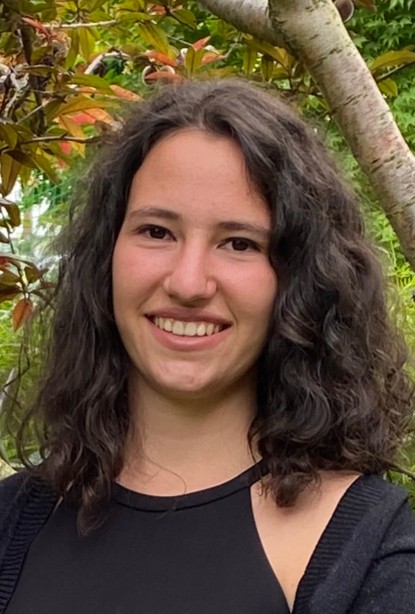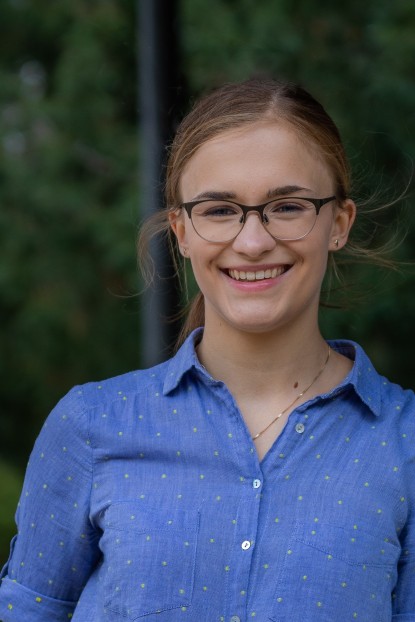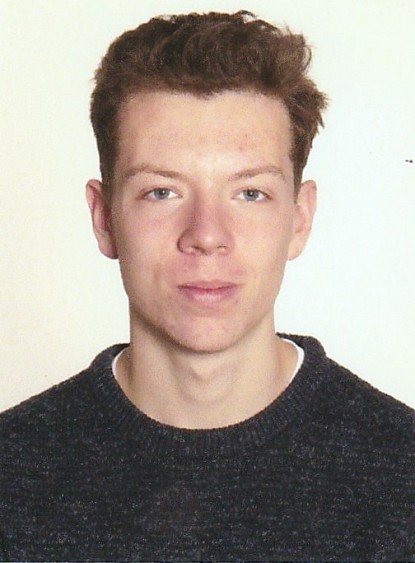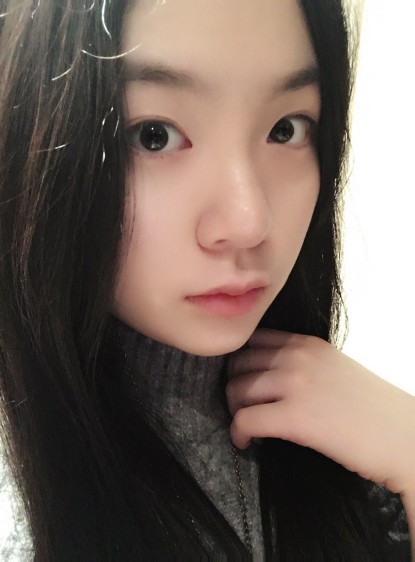The module „Scientists in Society, Academia and Industry – Barriers and Opportunities“ (short: SciSAI) approaches the fact that science is made by humans, which can not always live up to the aspiration of objectivity as easily as hoped for.
This affects
- the results of scientific research (selection of topics, interpretation of data, (non-) publication of certain results, …),
- the career paths scientists can take (selection processes in applications or promotions, mental load, …),
- the way in which scientists are perceived publicly (credibility, comprehensibility, …).
Therefore in the lecture series initiated in 2020, topics like the following are discussed: Perception of scientists in media and society, networking and equality efforts in academia and industry, different types of communication behaviour, compatibility of family and profession, power abuse and harassment, mental health, unconscious biases, discrimination, stereotypes and diversity.
The invited speakers all have a scientific background and work in a diverse range of fields, including professorships of physics/chemistry, business and career consulting, science journalism, science slams as well as research in neuroscience and artificial intelligence. Of course, apart from guest lectures, there is plenty of time for discussion and questions in every session.
The lecture takes place every Wednesday, starting from October 20, 2021, usually at 11:40 am (CET) and is held via Zoom. It is valid as an elective subject for all bachelor's and master's degree courses and can be found on TUCan by its code 07-00-0052-vl. The Zoom link, recordings of the sessions as well as discussion option are available for participants in the respective Moodle course.
External listeners may also access the Moodle course if they log in via guest account prior to clicking the course link.
If you experience any difficulties accessing the lecture, feel free to contact the responsible people via e-mail (button “Contact”).
We are looking forward to meeting you!
| 20/10/21, 11:40 am- 01:10 pm | Ethics in science |
|
|
|
|
| 27/10/21, 11:40 am- 01:10 pm | Scientists in society |
|
|
| 03/11/21, 11:40 am- 01:10 pm | Science language: Unitary language or plurality of languages |
|
|
| 10/11/21, 11:40 am- 01:10 pm | Language as a tool for exclusion and inclusion |
|
|
|
|
| 17/11/21, 11:40 am- 01:10 pm | Mental health |
|
|
|
|
| 24/11/21, 11:40 am- 01:10 pm | Roles of family & disability in academia |
|
|
|
|
| 01/12/21, 11:40 am- 01:10 pm | Hierarchies, classism and power abuse |
|
|
|
|
| 08/12/21, 11:40 am – 01:10 pm | Racism an academia |
|
|
| 15/12/21, 11:40 am- 01:10 pm | Queer in Science |
|
|
| 12/01/22, 11:40 am – 01:10 pm | Error culture |
|
|
| 19/01/22, 11:40 am – 01:10 pm | Finding allies & being an ally |
|
|
|
|
| 26/01/22, 11:40 am- 01:10 pm | Equal opportunities, quotas and tokenism |
|
|
| 02/02/22, 11:40 am- 01:10 pm | Creating scientific careers individually |
|
|
|
|
| 09/02/22, 11:40 am- 01:10 pm | Ways into the career |
|
|
|
|
| 10/02/21, 11:30 am – 01:00 pm | Closing session |
| Detailed information on the German lectures are only available on the German version of this page. |
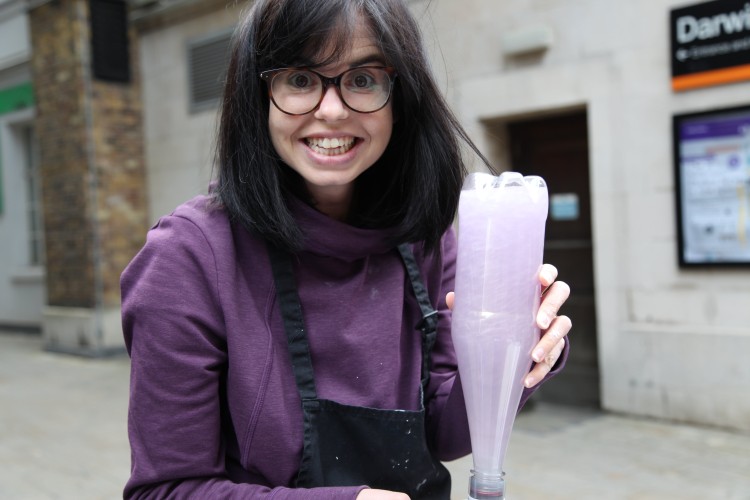
The role of science and science communication for society
Dr. Jess Wade
The past year has shown how central science is to society; and how crucial scientific literacy will be in the future of our planet. Jess believes scientists have an important role to play in public policy: in communicating their research beyond seminars and technical conferences. Effective science communication can build public trust in research, as well as challenge outdated misconceptions of who actually does science. In this talk, Jess will talk about why who we talk about matters, and our role as scientists in building a more robust and respected scientific community. She’ll also discuss her efforts to increase visibility of scientists from historically marginalised groups on Wikipedia, her research in materials science and nanotechnology, the power of social media for early career researchers and her new picture book ‘Nano, the Spectacular Science of the Very (Very) Small,’.
Dr Jess Wade is an Imperial College Research Fellow working in the Department of Materials at Imperial College London. Her research considers new materials for optoelectronic devices, with a focus on chiral organic semiconductors. She previously worked as a postdoctoral researcher in the Fuchter group at Imperial College London, where she optimised these chiral systems such that they can absorb/emit circularly polarised light as well as transport spin-polarised electrons. For her PhD Jess concentrated on new materials for photovoltaics and the development of advanced characterisation techniques to better understand their molecular packing. Outside of the lab, Jess is involved with several science communication and outreach initiatives. She is committed to improving diversity in science, both online and offline.
We are happy for all those who get help at the social counselling and/or the psychotherapeutic counselling centre. At the same time, we would like to point out that there have been repeated incidents of discrimination at the Studierendenwerk that have not been dealt with appropriately despite multiple complaints. We would therefore like to recommend all students and employees from marginalised groups to take care when dealing with the Studierendenwerk and, if necessary, to seek exchange with others, especially international students, in advance.
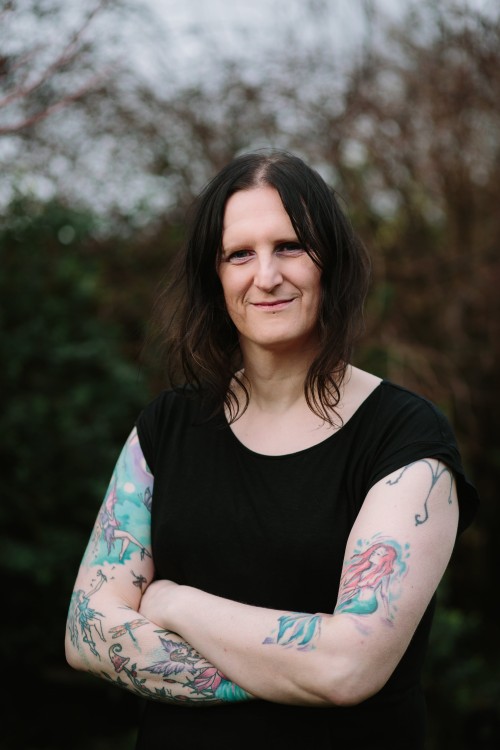
Scattering atoms, ions and perceptions
Dr. Clara Barker
In this talk I will discuss the state of equity and inclusion in the field of STEM, with examples from my own journey. I will discuss why it is something we should consider, how science can benefit from making STEM more equitable, and suggest some thinking points for bring about this change.
Dr. Clara Barker is a thin film Material Scientist who manages the Centre for Applied Superconductivity at Oxford. Clara is the chair of the LGBT+ advisory group at Oxford University, Dean for equality and diversity at Linacre College and in 2018 she won the first diversity role model award from the University. She is also a member of both the Royal Society and the Girls School Association E&D committees. In her spare time, she runs a youth group for LGBTI+ people, with a support group for their parents. She is the recipient of the Points of Light Award from the UK Prime Minister in 2018, has written for various publications, delivered many talks on LGBTI+ issues and diversity in academia, including a TEDx talk in 2018, and was highlighted in Nature in early 2021.


